Nature-Deficit Disorder – Our Children Need More Nature

We may earn money or products from the companies mentioned in this post.
Nature-Deficit Disorder? Is this for real? Actually, as a father in today’s day and age, I can understand and relate to this wholeheartedly.
We are living in a world where media and technology permeate almost every single moment of our waking existence. Smart phones, tablets, computers, television, streaming media. It’s everywhere. It’s next to impossible to go anywhere without noticing someone with headphones on their skulls or earbuds in their ear, most likely listening to a podcast, or someone nose deep in concentration on their smartphone, most likely tweeting or posting on Facebook.
Most kids feel utterly distraught if they don’t have their own tablet to play Minecraft or watch YouTube videos. I read an article called Why Kids Need to Spend Time In Nature on the Child Mind Institute site stating,
The average American child today spends an average of over 7 hours a day in front of a screen and only about 4-7 minutes a day in unstructured play outdoors.
This is a horrific statistic to me. Am I alone here in my feelings? Shouldn’t this be the other way around?
Nature-Deficit Disorder is not a medical diagnosis (although perhaps it should be), but it is a term originated by Richard Louv, journalist, nine-time author, and co-founder and Chairman Emeritus of the Children & Nature Network. He has written a number of books touching on the subject of nature and the importance of keeping nature a large part of our children’s and family’s lives.
Why are we allowing our children to stray toward more technology and less outdoor activities? As stated by Richard Louv on the Psychology Today blog, “Consider the decision by the publisher of the Oxford Junior Dictionary to replace dozens of nature-related words like “beaver” and “dandelion” with “blog” and “MP3 player.”” Even dictionaries and textbooks are guiding our kids toward an erroneous bearing.
Nostalgic moment: I miss the days when I was a kid, playing in the backyard, climbing the fence and exploring the woods behind our neighborhood homes. My friends and I used to build forts, create tracks in the dirt with jumps for our bikes, and climb the trees to tie ropes to swing on like Tarzan. We used to build tree forts and pretend to be explorers, taking our metal detectors to try and find buried treasure. We caught bugs and toads in jars, and brought them home to watch them for hours on end, thinking of ways we could create a home for them with grass, leaves, dirt, and rocks.
We never texted our friends to see if they were available to talk or hang out, we actually walked over to their house, knocked on the door, and asked if so and so could come out to play. We didn’t hang out with our friends in our own separate homes, playing a video game together, talking through a headset. No, we actually hung out with each other, in person, face-to-face.
We got large groups of kids to get a full-on baseball or football game going up at the elementary school in the middle of the neighborhood; no coaches, no referees, no strict rules, and we argued with each other about whether we were safe or out, or if we got the first down before being tackled in the mud. We got head-to-toe dirty. Bruises, scrapes, and cuts were a normal happenstance that just came with the territory, but it gave us a more clear understanding of respect for each other, nature, and all our surroundings.
I also remember all of the numerous camping and fishing trips that my parents shared with us. When we took vacations, they really knew how to do it up. We didn’t really take many trips to other big cities. Nope, we took trips up north and to truly beautiful places to spend more quality time together in nature, seeing waterfalls and lakes and gorgeous natural scenery.
My dad taught me survival tactics, how to build a campfire, and how to pitch a tent. We shared amazing stories, and I learned a ton about birds, plants, animals, fossils, and more about everything that I would have only seen in photos in my textbooks at school without these opportunities. This allowed us to spend more quality time as a family without all the distractions of too many people, loud noises, traffic, and bright blinking lights of the city.
I plan to offer those same opportunities to my children. I believe that they will be able to learn a whole lot more in nature, and grow up to be more respectful, nicer, and all around better human beings because of it.
I just picked up a few books by Richard Louv; Last Child in the Woods, The Nature Principle, and Vitamin N. I’ve been reading that these are some of the best books for parents as well as everyone else in today’s wired society. Last Child in the Woods discusses links between the absence in our children’s lives with trends such as obesity, depression, and attention disorders. The Nature Principle is geared more toward adults. It discusses ways in which nature is important to everyone, enhancing our minds, sprouting creativity, advocating more healthy lifestyles, and reinforcing bonds with each other as humans. Vitamin N is Louv’s most recent piece, tying it all together, providing a guidebook for the whole family and the wider community. It is meant to inspire us to spend more time within nature, even if it is just to take time away to look up at the stars or take a walk in the woods every now and again to refresh.
I’m eager to cracking open the first one very soon, and letting my own mind wander, finding more opportunities to get my own children and family outdoors more, and creating a healthier balance of screen time and green time.
I have made it a habit to stay in the know about children and the outdoors for a couple of reasons. First, to continue building my own knowledge about the effects of the diminishing green time our children are enduring in the present. This is strictly to keep the idea of taking my own kids outdoors more often, in the front of my pack (insert hiking joke here). Second, to get more ideas of places to go and things to do with my family.
I have come up with some tips about providing your own children with more Vitamin N.
Tip #1: Not every outdoor experience has to be huge
When I think about getting my own children outdoors more, I’m not looking to plan a large, extravagant week long trip to a National Park. Just getting the kids off of their tablets and away from the television to go outside in the backyard for a couple of hours gives them the Vitamin N they need. Start small. Give them something to do out there. Give them a small hand shovel to get their hands dirty and dig for worms or bugs to put in a jar. They can use a small cheap-o magnifying glass to research their catches, learn about what they caught, ask questions and expand their knowledge. When it’s raining, let them go out in a raincoat and boots to jump and splash in the puddles, listening to the soothing sounds of a storm, the sounds the rain makes when it hits different objects. Having a family picnic at the local park with a small hike in the woods.
It doesn’t have to be extravagant, but the experiences will pay off big in their development.
Tip #2: Allow for unstructured, unsupervised outdoor play
This is a tough one for parents these days. As a parent, I understand that you want to be there for your children to make sure that nothing bad happens to them. You don’t want them to get hurt. You don’t want them to fail. However, the mindset that you must put yourself in as a parent is “how are they going to learn and grow up themselves to be self-sufficient individuals if they don’t get hurt or fail and learn from their own mistakes?” We can’t keep them in a bubble for their entire lives. They won’t be able to learn and grow if we don’t allow them to experience life on their own.
Give them boundaries that allow them to go out on their own, and expand that boundary further as they grow up and get older. It may start out that they must stay on their own street at age 6, but at age 7 they can go around the block on their bike. Then, they can go even further within the neighborhood as they get older. Let them get out and explore, but give them time limits, tell them exactly where they are allowed to go and let them go. Ask them what they found and ask them about their experiences when they get back home. Stay involved and interested in their adventures and entice them to adventure more.
This alone does a lot more than you think. It improves decision-making skills, builds resilience and confidence, cultivates coordination, and strengthens sensory awareness.
Tip #3: Encourage risk taking
Be excited when you hear that your child wants to or already climbed a tree, explored the woods at the park for the first time, or swung on a rope. Now, you may think that “risk” is a bad thing, but understand that risk is not the same thing as hazard. I can’t even remember or count the amount of times I came home from my own childhood adventures with scraped knees and skinned elbows. Yeah, it hurt. But I learned a lot from it.
Tip #4: Lead by example
Don’t be a complete couch potato yourself. Your kids watch what you do. They mirror you. They look up to you and want to be like you. Getting yourself outdoors will help you stay in shape and healthy yourself, but your kids will see you and want to do what you do. I make it a point to share my outdoor experiences and adventures with my kids. I take photos when I am not able to take them with me and share them with my kids when I get home. I tell stories about my experiences and get them excited to want to experience those things themselves.
At this age in my children’s lives, this is a matter of enormous proportion to me. Making sure that nature is a large part of my children’s tutelage is essential. Please share this with anyone you know who has kids that can be effected by Nature Deficit Disorder. There will be more to this, and I will continue to make this a priority in my life. I will be sharing more about my thoughts on this with you in the future. Stay tuned my friends, stay tuned…
2 thoughts on “Nature-Deficit Disorder – Our Children Need More Nature”
Comments are closed.

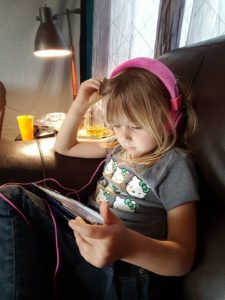
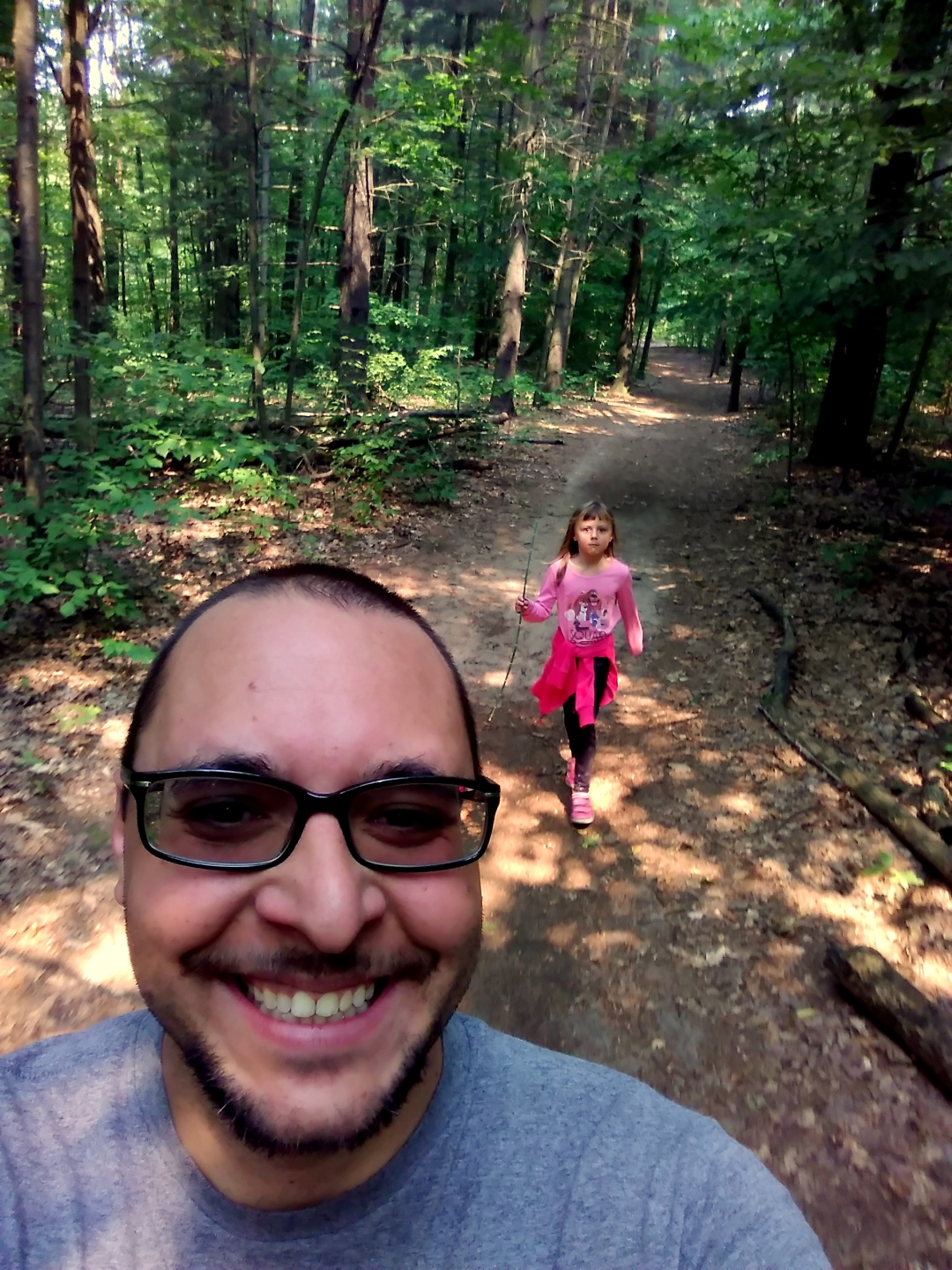
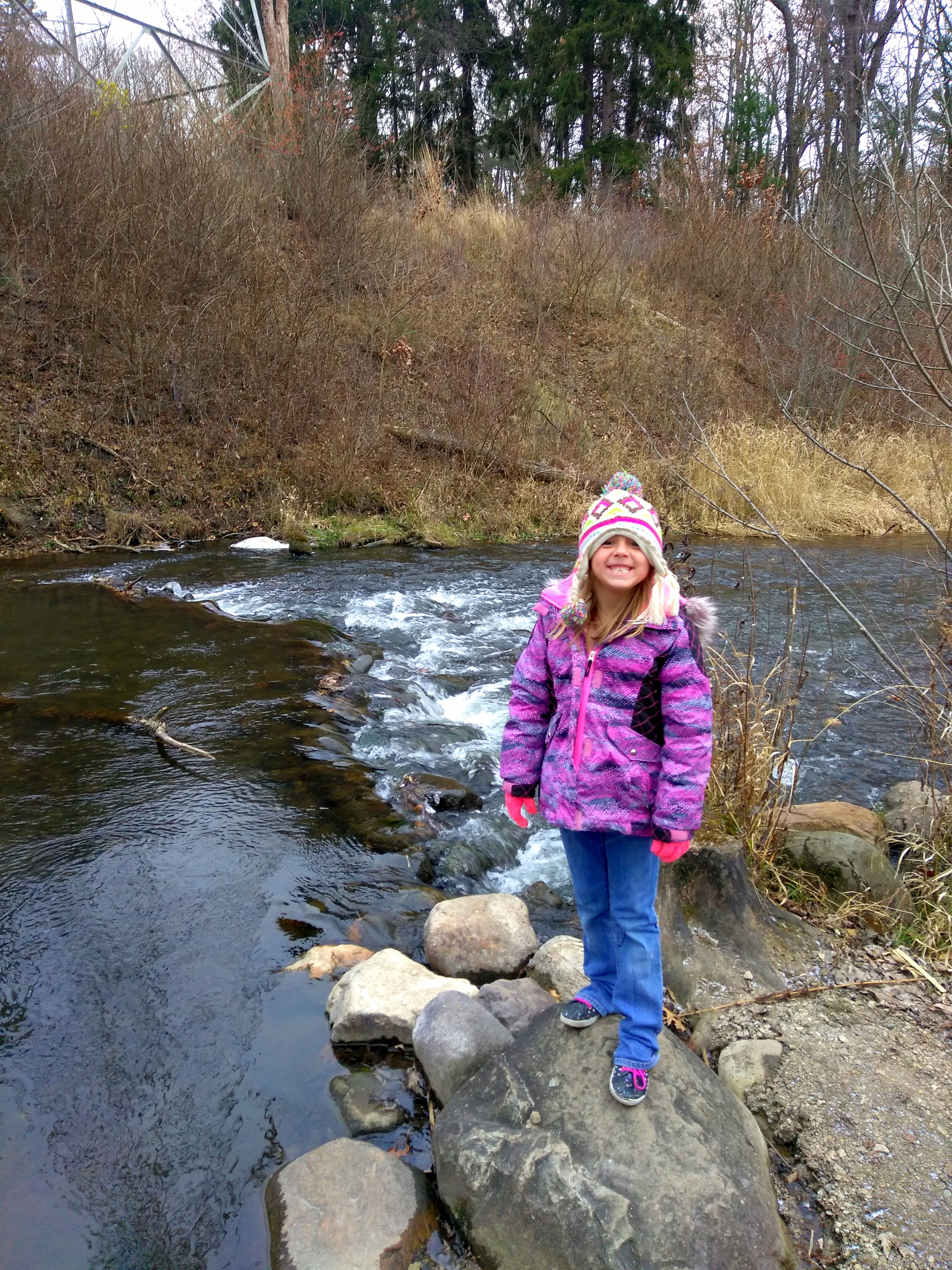
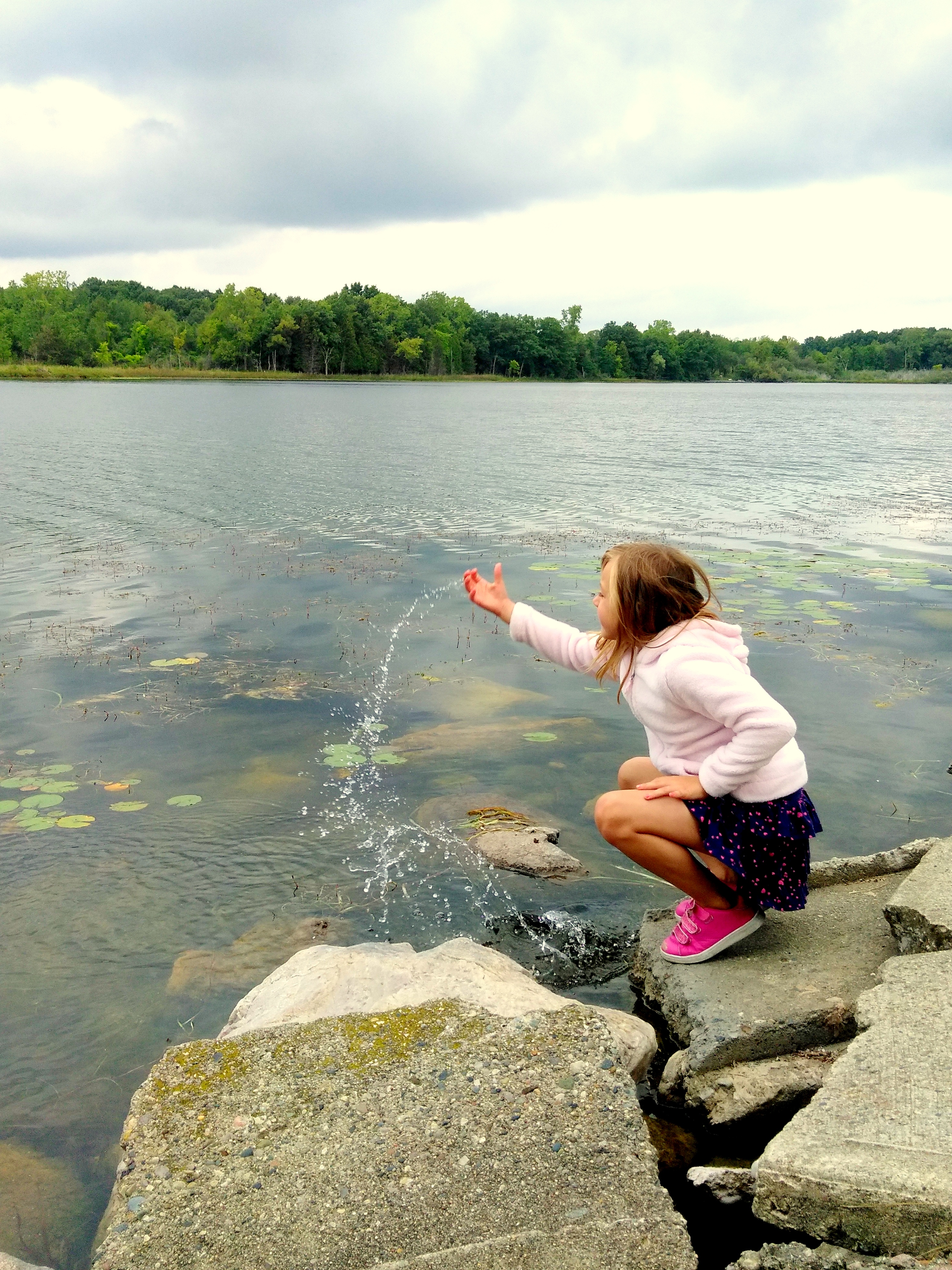
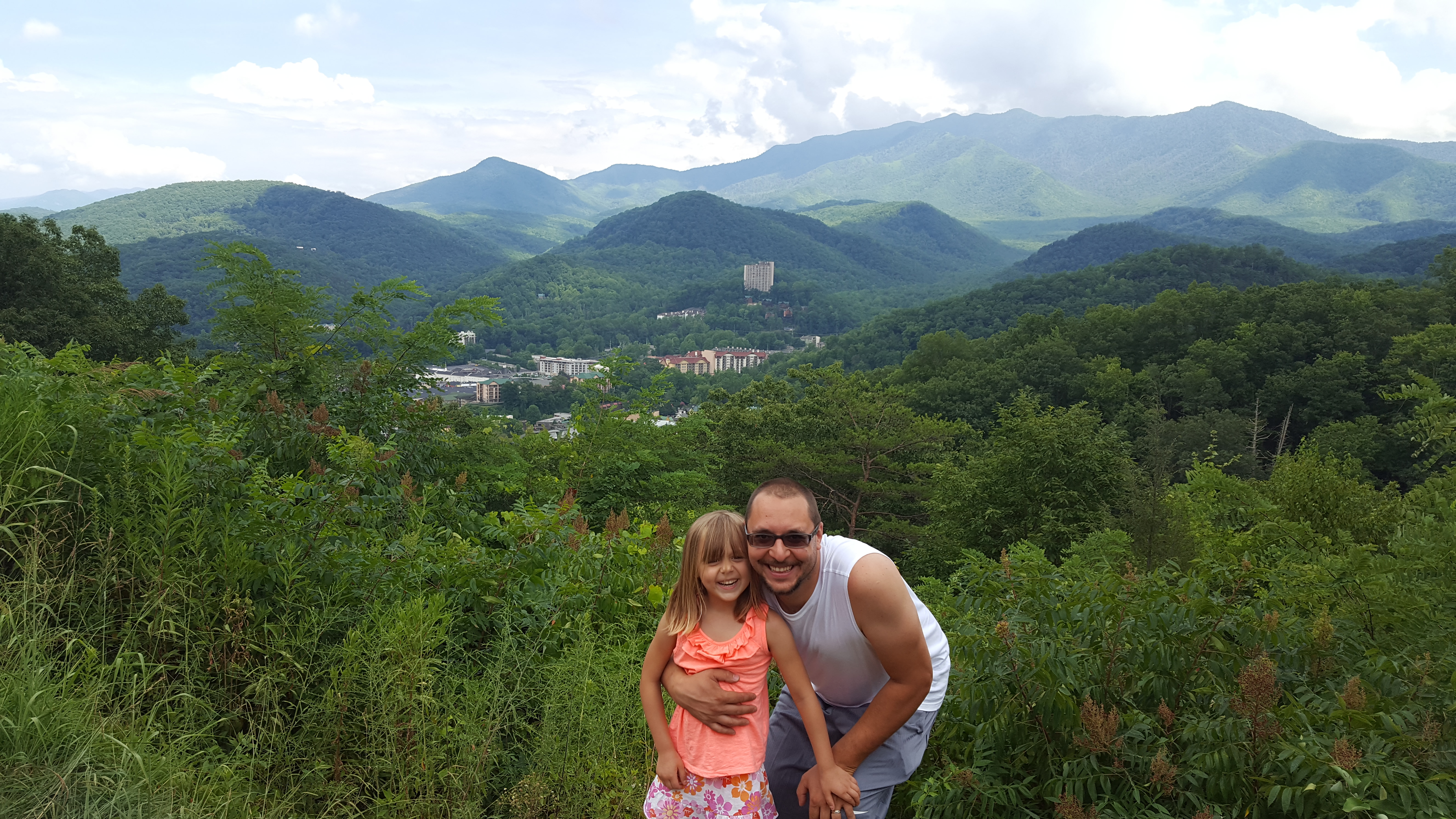
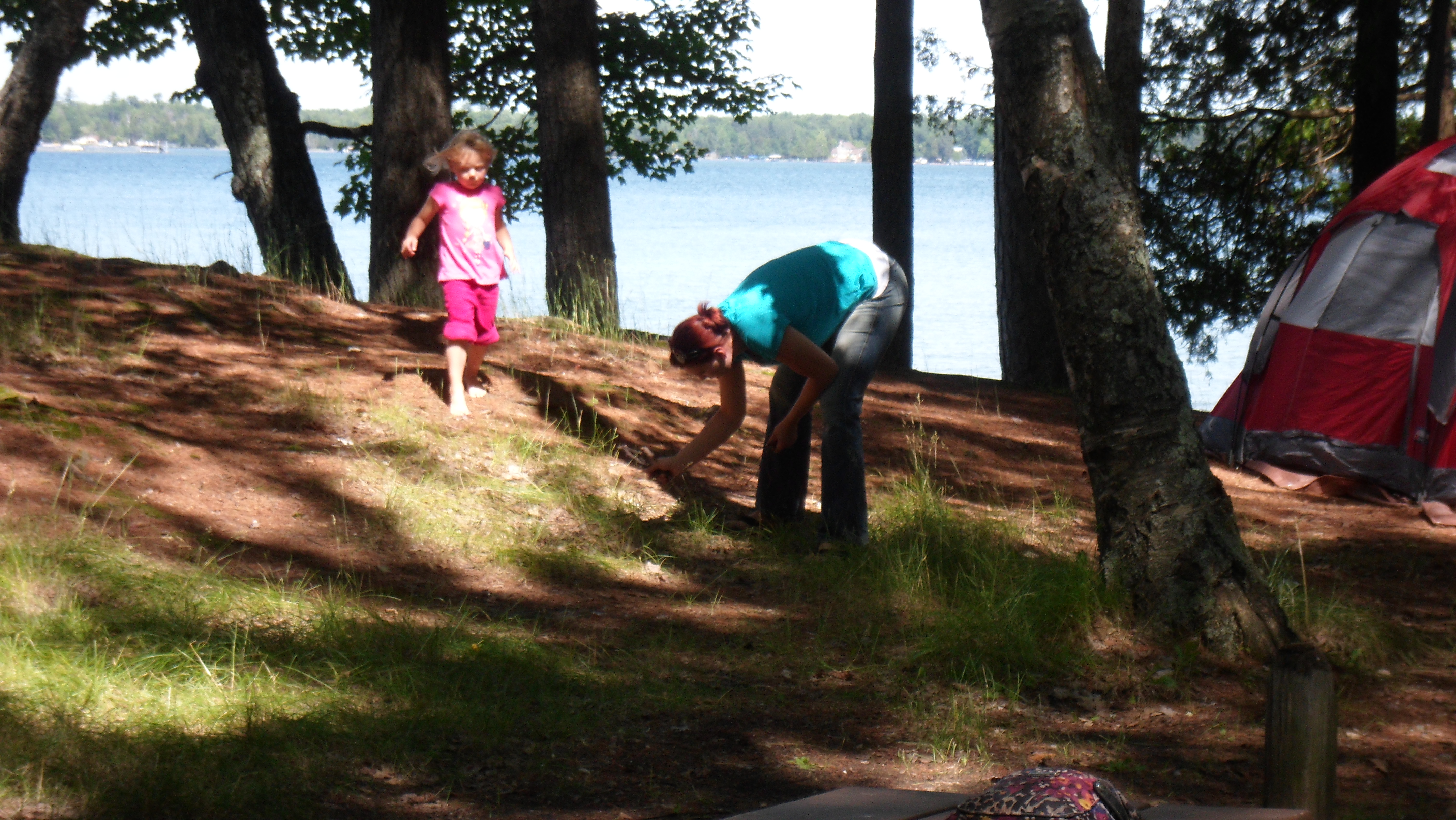
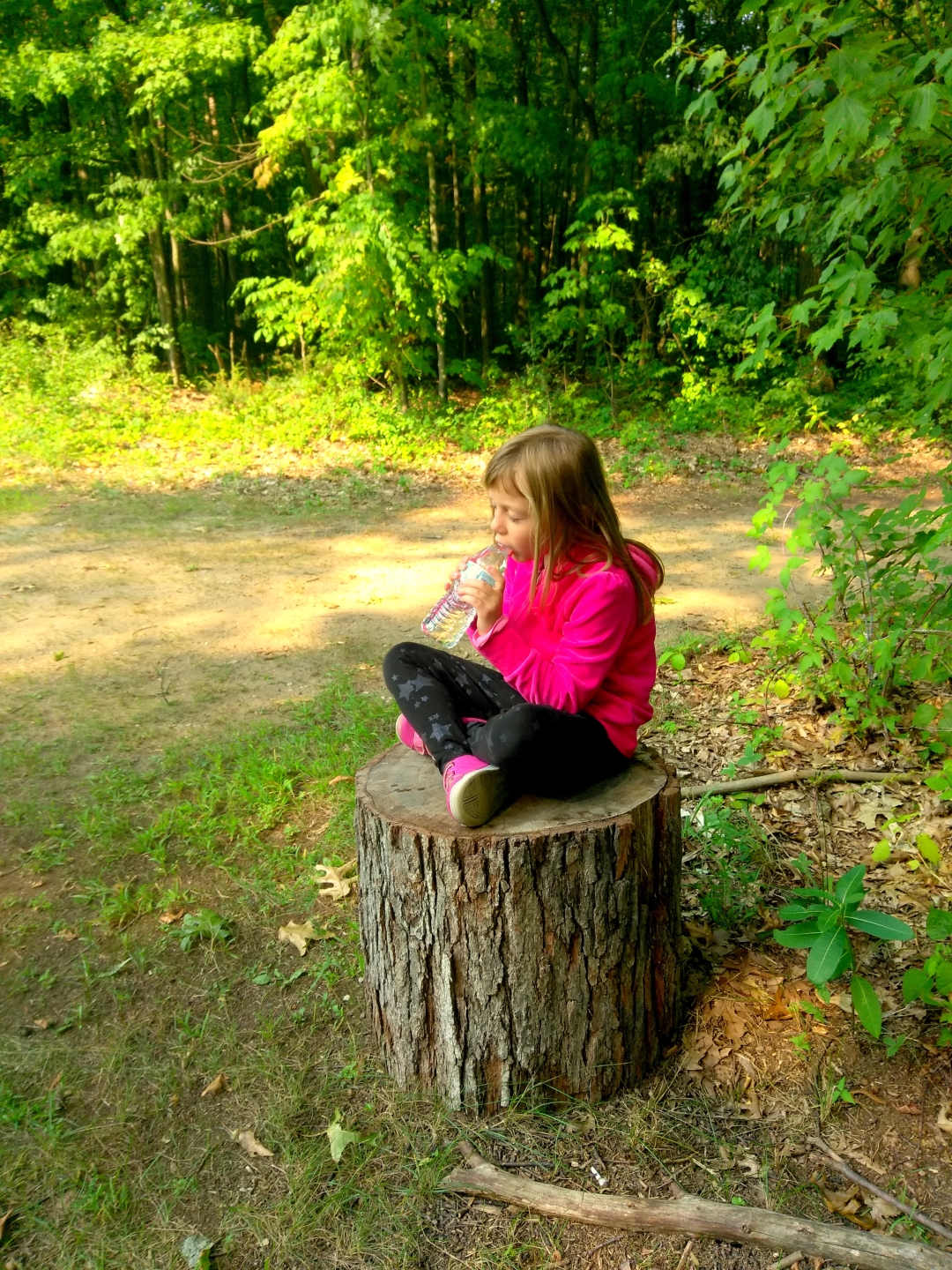
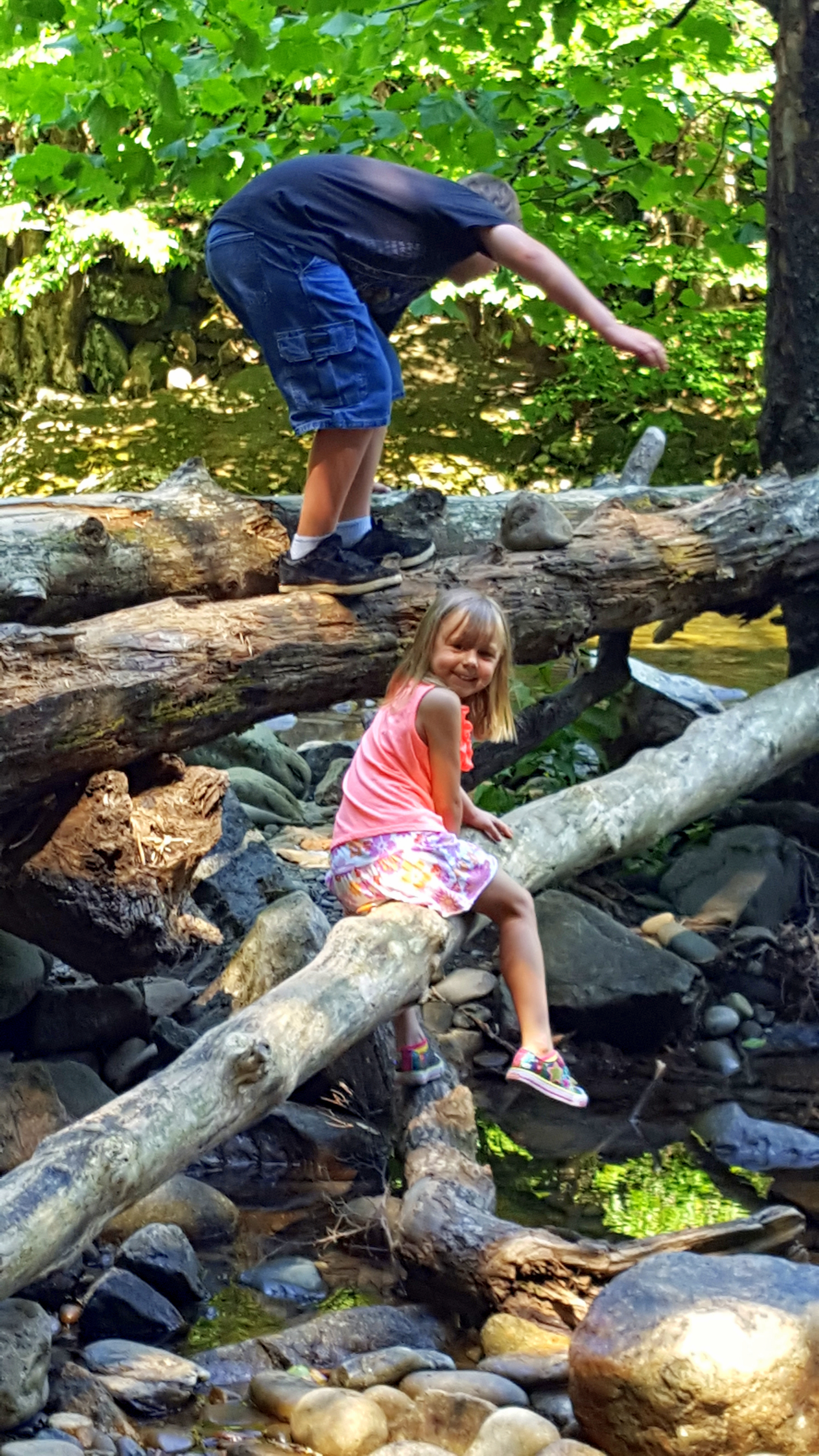

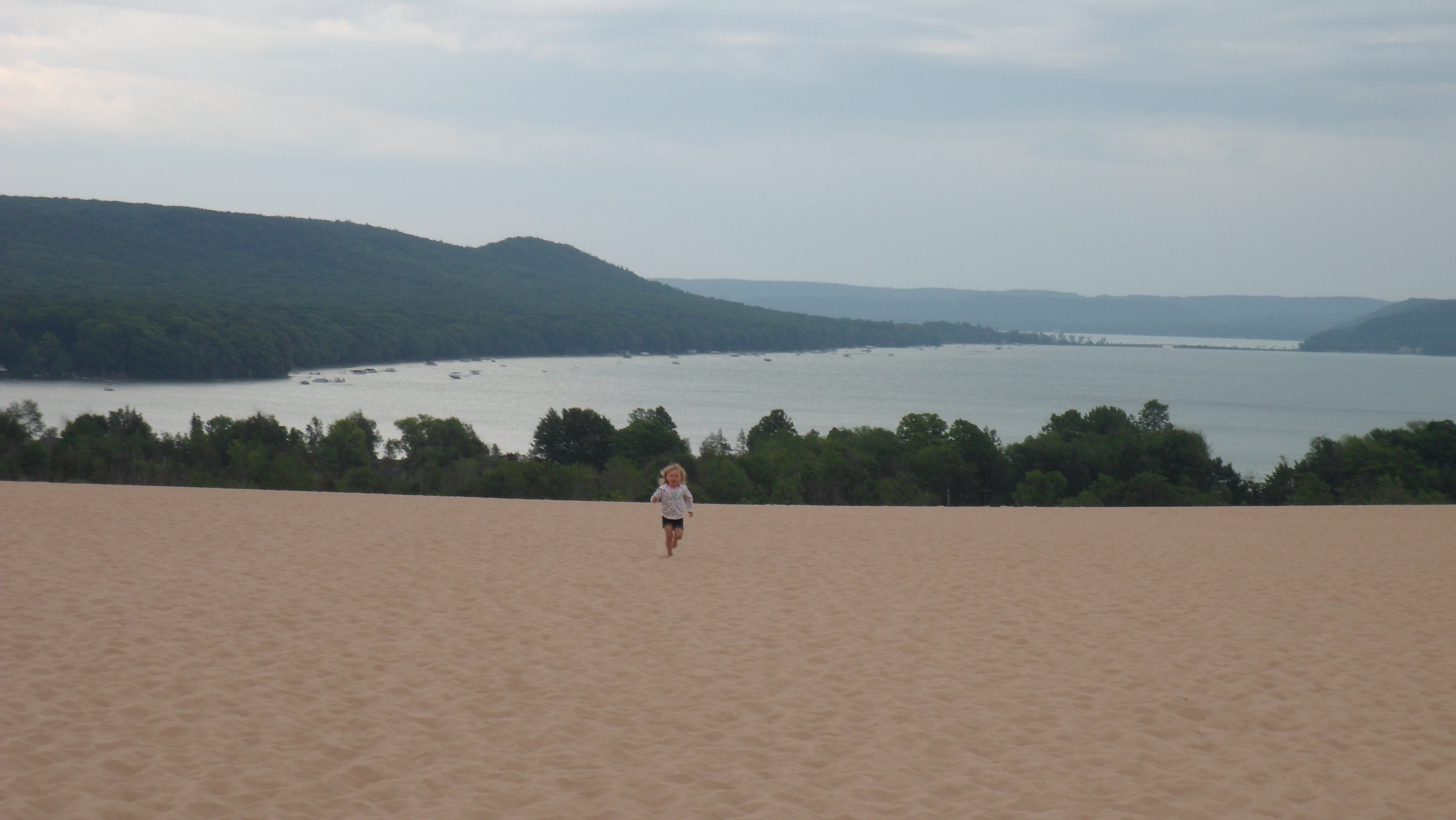
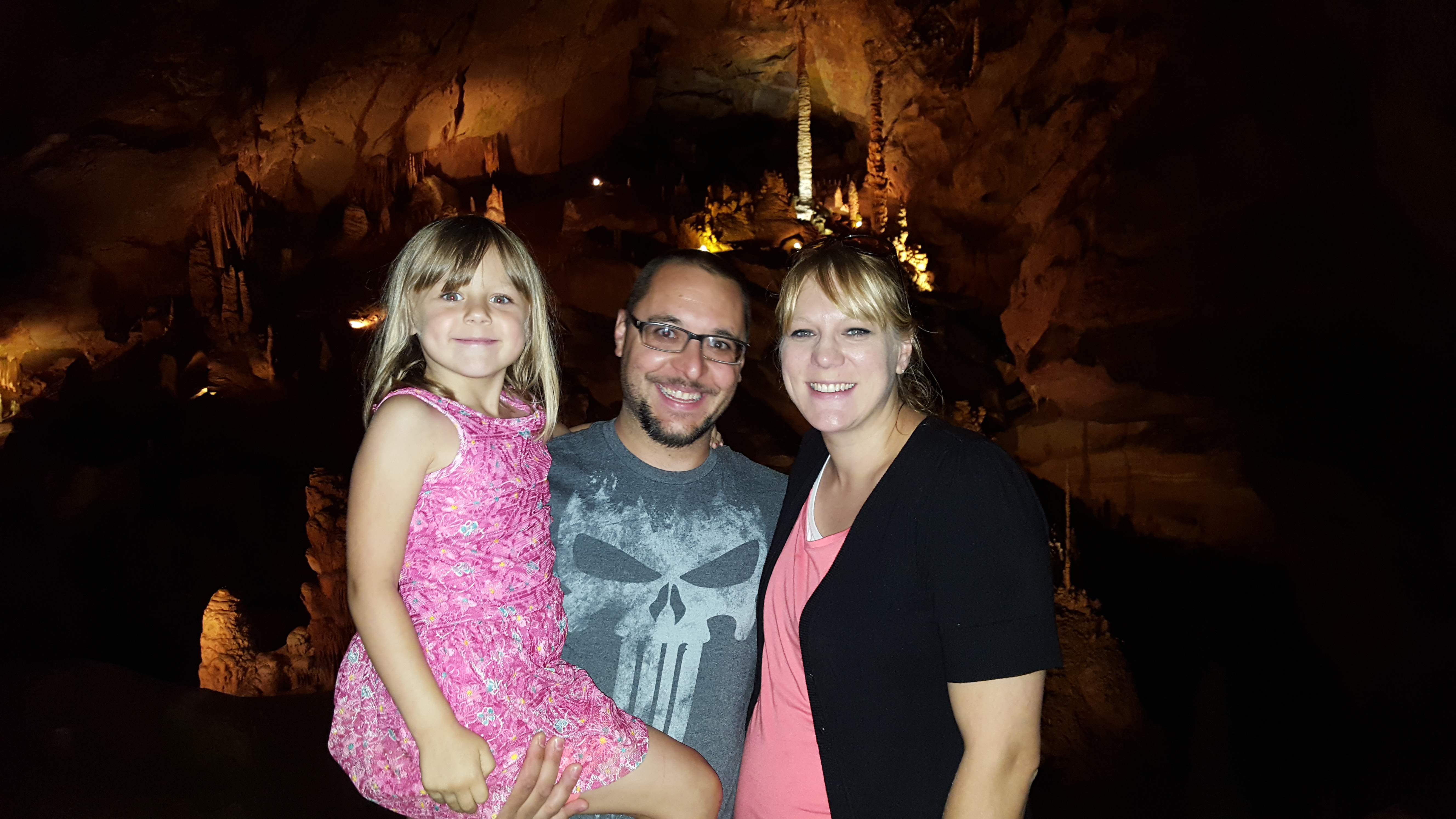

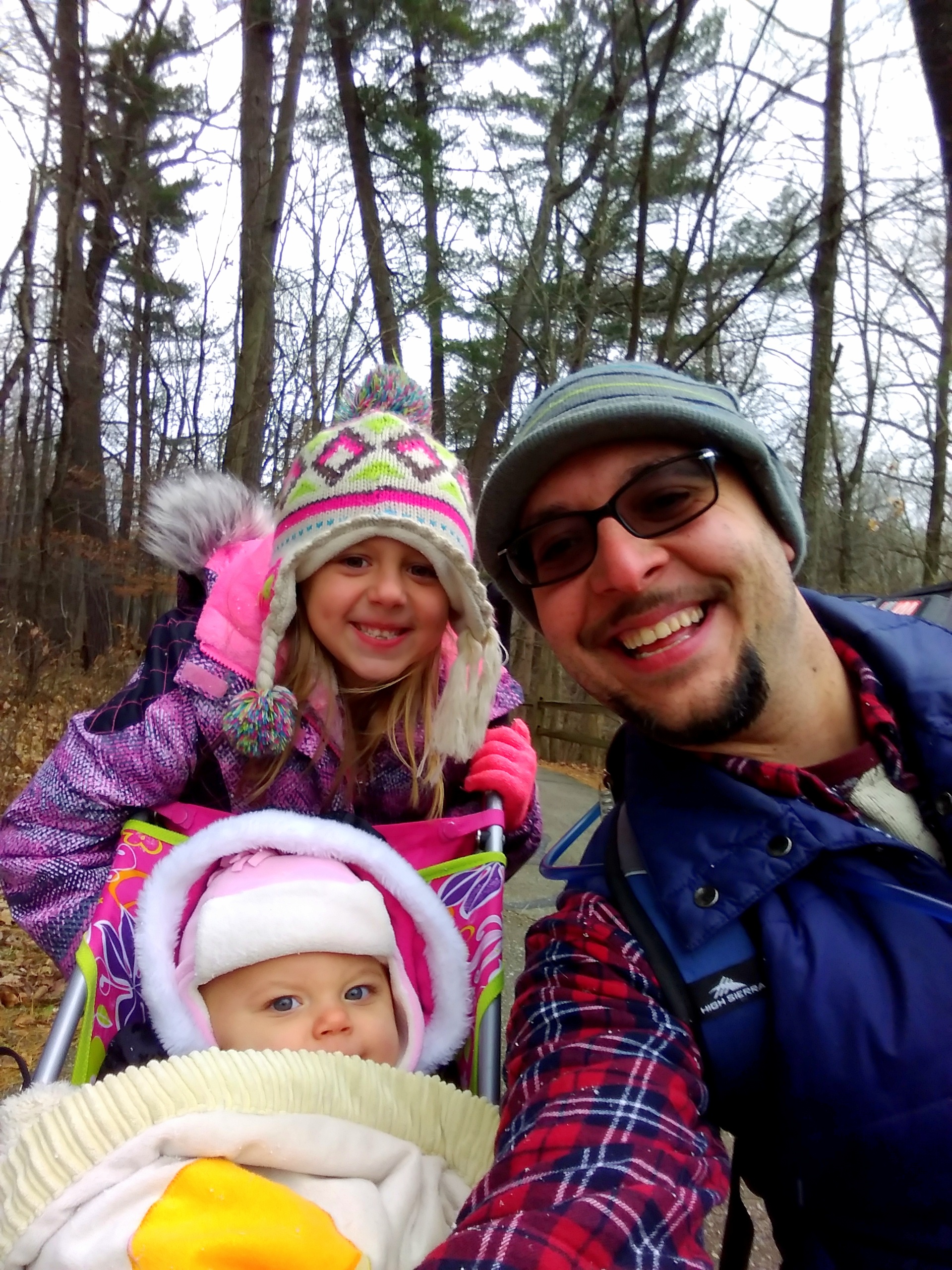
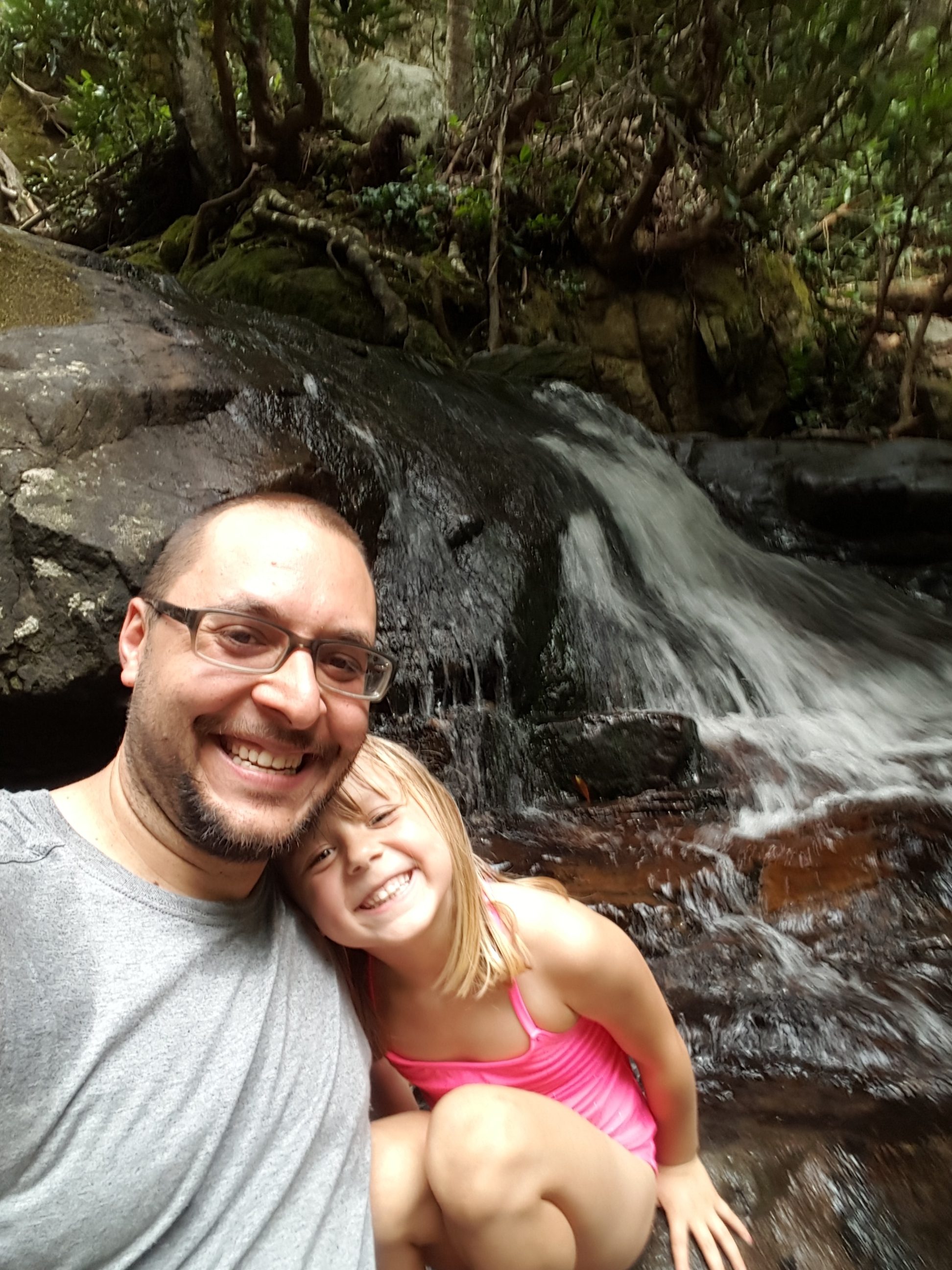
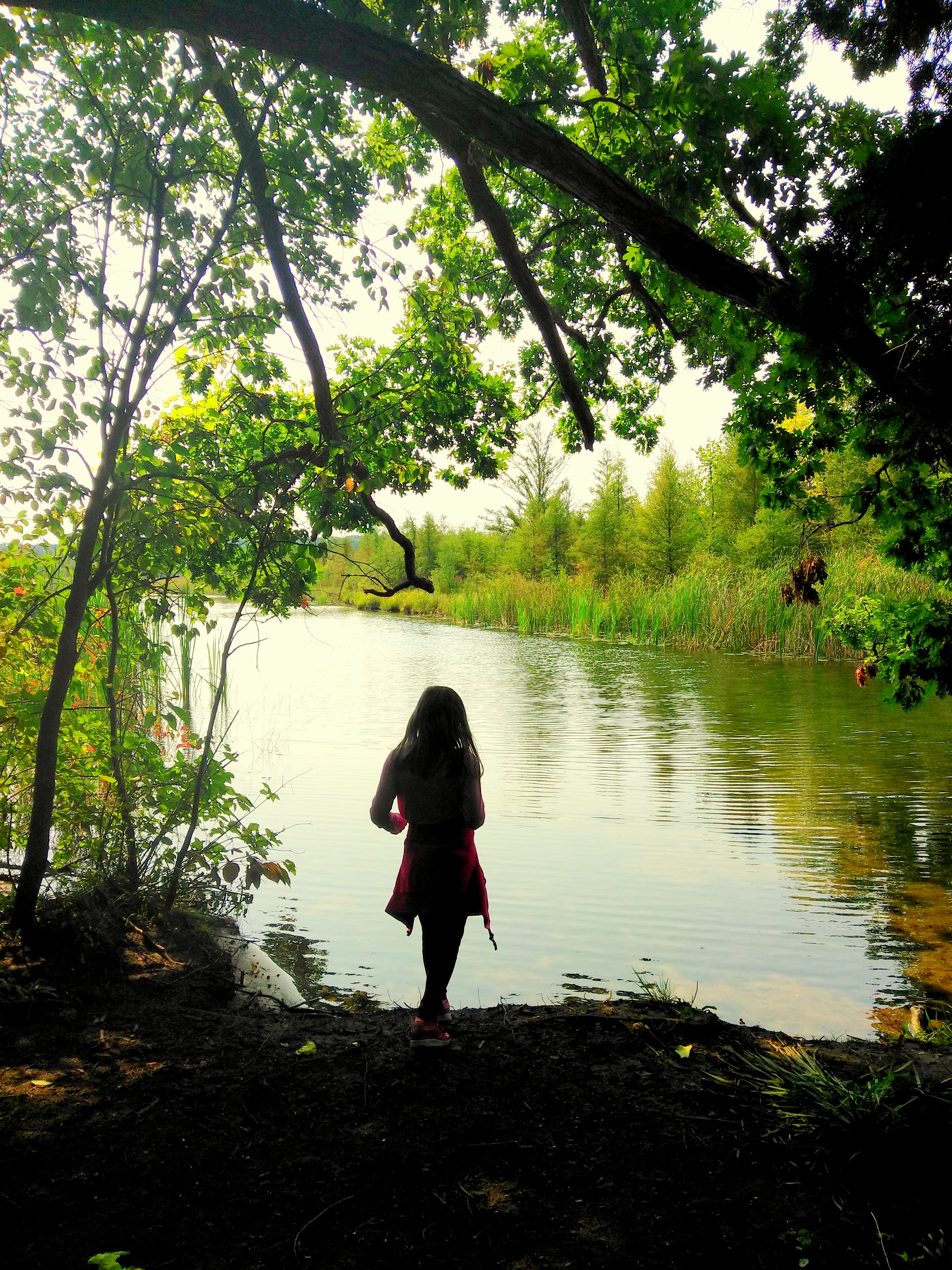
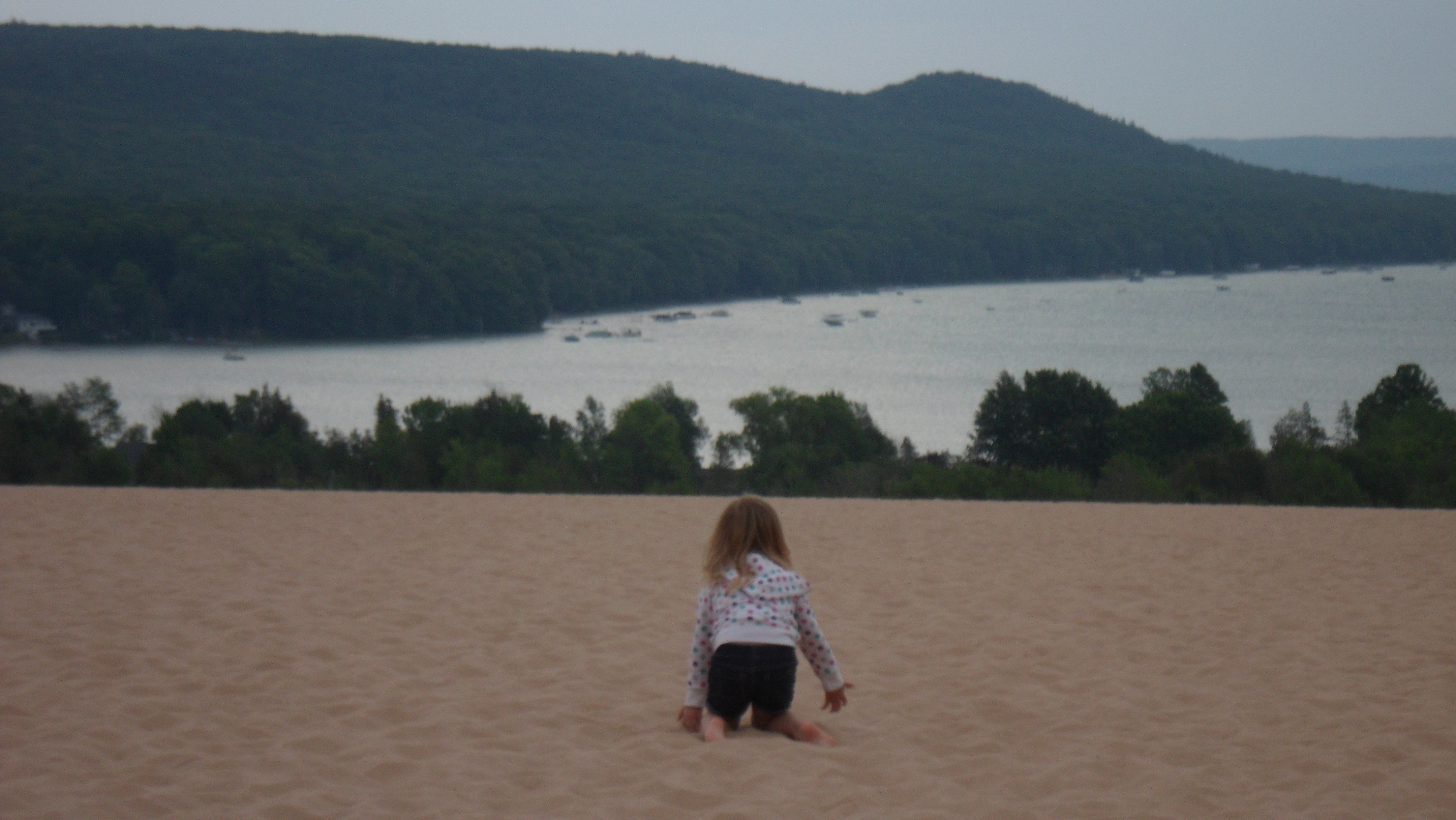



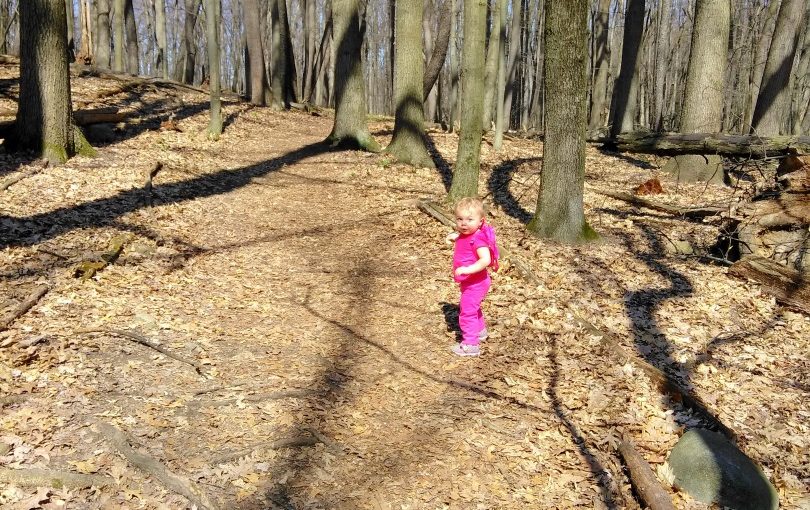

After reading this yesterday we took our ,grandson as always for a winter walk. The hike at river bends was peaceful and the blacktop aloud us to look at the trees instead of our feet being fearful of falling on icy trails. Today an enjoyable short hike behind Clinton township senior center, followed by a visit at the library. Mason is now helping with the cutting of wood with papa preparing for the Christmas fires. Thank you for the reminder that a walk in nature is so important and healing and for the children educational. Merry christmas….
Diane, I am so glad to hear that and happy to inspire. This is the reason I write…to inspire. I’m so happy you had a great time with your grandson outdoors. Merry Christmas to you as well.